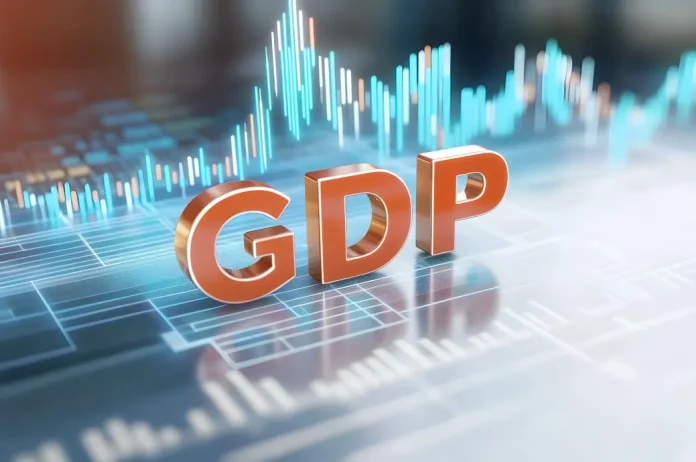Nigerian equities gained ground Thursday as investors awaited fresh economic data, with market sentiment buoyed by expectations of continued growth momentum following strong second-quarter performance.
Nigeria’s economy expanded by 3.19% year-on-year in real terms during the second quarter of 2024, surpassing both the 2.51% growth recorded in Q2 2023 and the first quarter’s 2.98% expansion. The acceleration marked the country’s strongest quarterly performance in recent periods, reinforcing investor confidence in the West African economy’s recovery trajectory.
Market activity reflected this optimism, with the NGX All-Share Index gaining 0.8% to close at 98,247.99 points last week, while market capitalization increased by N455 billion to N56.466 trillion. The sustained bullish trend demonstrates growing investor appetite for Nigerian assets amid improving economic fundamentals.
The agriculture sector contributed 22.61% to GDP growth, followed by information and communications technology at 19.78% and trade at 16.39%. This sectoral composition highlights Nigeria’s economic diversification efforts beyond traditional oil dependency, with services and agriculture providing crucial growth anchors.
The positive GDP trajectory comes as Nigeria navigates complex macroeconomic challenges, including inflation pressures and currency volatility. The Central Bank of Nigeria recently concluded its September monetary policy meeting on September 23-24, 2024, where the Monetary Policy Committee raised the benchmark interest rate by 50 basis points to 27.25% from 26.75%.
Financial analysts view the GDP acceleration as validation of Nigeria’s economic resilience, particularly given global headwinds affecting emerging markets. The services-led recovery demonstrates the economy’s growing sophistication and reduced reliance on commodity price fluctuations.
Oil sector performance remains a key variable for sustained growth, with global crude prices experiencing volatility that could impact Nigeria’s fiscal position. However, the strong contribution from non-oil sectors provides a buffer against external shocks and supports the diversification narrative.
Market participants are closely monitoring sectoral details within the GDP data to gauge the sustainability of current growth trends. The balance between services resilience and commodity price sensitivity will likely influence investment positioning ahead of upcoming policy decisions.
The information and communications technology sector’s robust contribution underscores Nigeria’s digital transformation momentum, driven by increased connectivity and fintech innovation. This technological advancement supports broader economic modernization efforts and attracts foreign investment interest.
Looking ahead, investors will focus on maintaining growth momentum while managing inflationary pressures. The Central Bank’s monetary policy stance reflects efforts to balance growth objectives with price stability, a delicate equilibrium crucial for sustained economic expansion.
Nigeria’s Q2 performance positions the economy favorably within the African context, demonstrating resilience amid global uncertainties. The steady-but-unspectacular recovery narrative continues to support equity market sentiment, with investors pricing in expectations of continued gradual improvement.
The upcoming months will test whether this growth momentum can be sustained, particularly as Nigeria approaches key policy decision periods and navigates evolving global economic conditions.
Market Analysis provided on behalf of Daniel Wesonga, Senior Sales Manager at Pepperstone
Source: newsghana.com.gh











